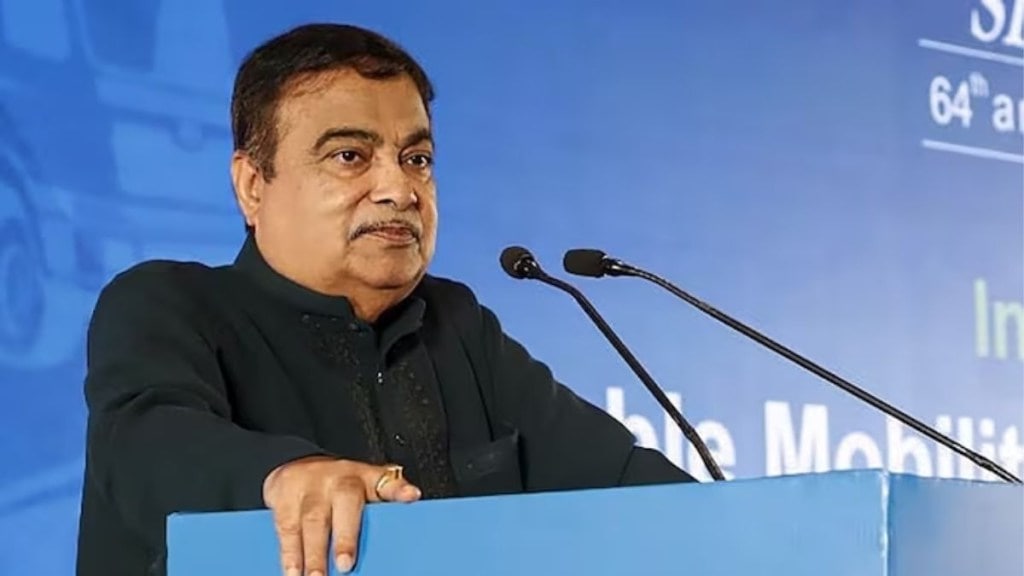Union Road Transport Minister Nitin Gadkari on Thursday said the government will soon ramp up the blending of isobutanol with diesel. He added that ethanol blending in petrol has already touched the 20% mark, and the next frontier will be using ethanol to produce sustainable aviation fuel. Gadkari was speaking at the annual convention of the Society of Indian Automobile Manufacturers (SIAM).
During his address, Gadkari also dwelt upon the criticism against the government’s E20 fuel program. He hit back at what he called a “paid politically motivated social media campaign against the government’s sustainable efforts.”
Gadkari on ethanol blending
In a staunch stance aimed at fighting all the ‘rumours’ about the effects of ethanol-blended fuel on vehicles, Gadkari said that the government had conducted all sorts of tests to confirm that there were no issues with the rollout of 20 per cent ethanol-blended (E20) petrol.
He further went on to talk about how the government’s ethanol blending program has benefited the country’s farmers. The minister explained that production of ethanol from sugarcane, maize and rice drove up the prices of these crops by a good margin, which he claimed resulted in a stellar rise in the income of farmers.
He pointed out that in the case of maize alone, farmers had earned Rs 45,000 crore due to the higher demand and increase in price of the crop. The minister also highlighted that ethanol-blending had led to a reduction in pollution, helping India to fulfil its sustainable development targets.
When inquired about the recent concerns of the engine damage caused to a select number of vehicles on Indian roads by the E20 fuel, Gadkari responded that all recent fears over engine damage and warranty issues had been proven false.
“All testing agencies have confirmed there is no problem with E20 implementation,” he said.
PIL against E20 fuel in Supreme Court
Gadkari also referred to the Supreme Court’s dismissal of petitions that challenged the legality and safety of the E20 fuel. The Supreme Court recently dismissed a public interest litigation against E20 blending, which claimed that most vehicles on Indian roads were not compatible with E20 fuel and the imposition of the same might lead to safety hazards and denial of insurance claims.
The apex court backed the government’s stand, highlighting the benefits for sugarcane farmers and the reduction in the country’s oil import, which had resulted from the E20 programme.

